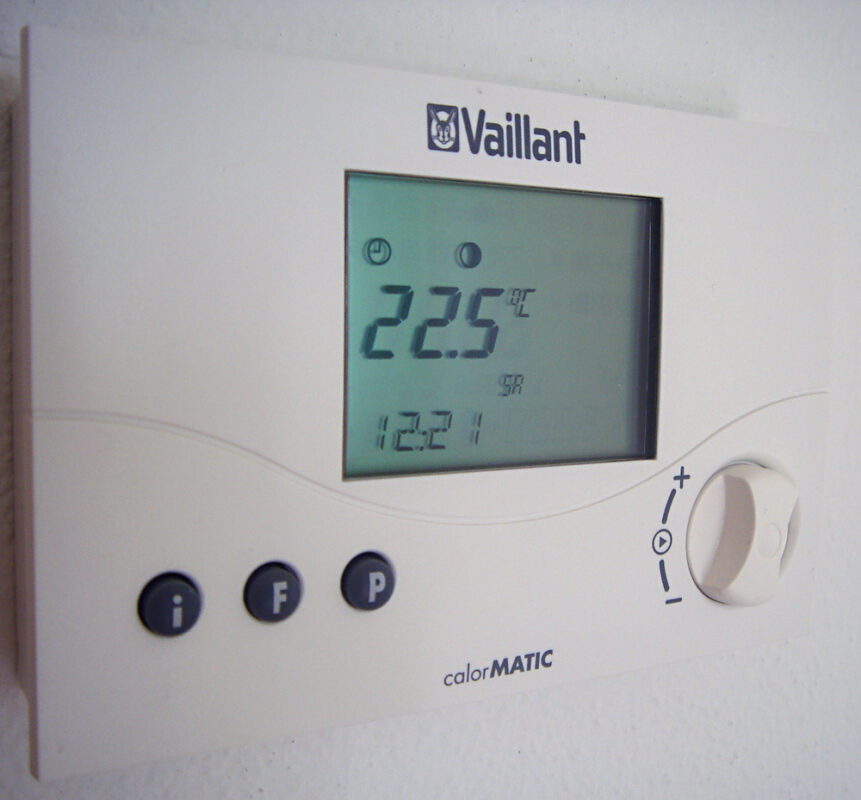A project to develop a green domestic heating solution, led by the University of Exeter, has received £5 million (€5.7 million) of funding from the EU’s INTERREG 2 Seas programme.
The Sustainable Heating: Implementation of Fossil-Free Technology (SHIFFT) project will look at how the UK and other European countries can transform low carbon heating in houses and public spaces.
A team of ten international researchers, led by Professor Peter Connor from Exeter’s Penryn Campus, will target two specific aims: to develop city strategies for four local authorities and to develop practical low carbon heating solution for four projects across four countries.
The team have said that by tying these two key points together they can maximise ‘co-creation’, ensuring communities are involved throughout.
Professor Connor highlighted that the majority of homes currently rely of gas heating systems and this accounts for 79% of energy consumption in the typical European household.
“This is unsustainable,” he continued. “We need a rapid, large-scale shift to renewable heating technologies and a programme of energy efficiency measures to hit European carbon targets.
“The SHIFFT project will set an example by working with communities and residents to design new heating systems as well as producing guidance for local authorities developing their own Sustainable Heating Strategy across the UK, France, Belgium and the Netherlands.
“Crucially, this project demonstrates the idea that the transition to low carbon heating in our buildings must be done with the people living in them, rather than being done to people.”
Increasingly, the decarbonisation of heat is being seen as a key challenges to reaching net zero by 2050 in the UK. In April, the Energy Systems Catapult released a report that showed that innovation is needed to make the switch to low carbon heating affordable and to ensure that it delivers comparable or superior performance to natural gas boilers.
A key part of this research emphasised – like the SHIFFT project does – the importance of consumer engagement and understanding, when it comes of low carbon heating alternatives such as ground-source heat pumps.





